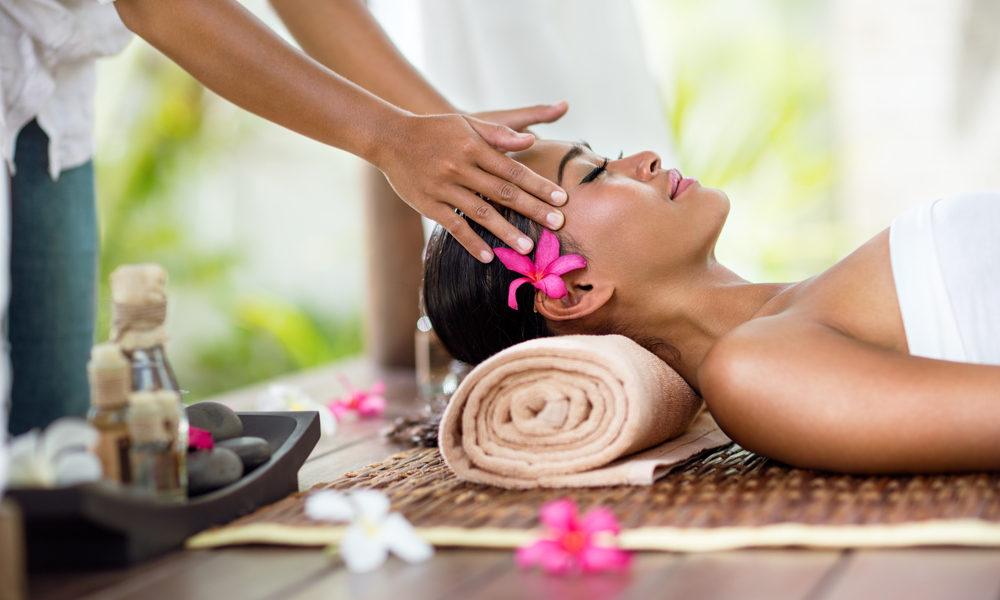Dealing with pimples on your face can be frustrating and impact your confidence. Whether you’re a teenager experiencing hormonal changes or an adult facing occasional breakouts, understanding the causes and adopting proactive measures can help prevent pimples and maintain clear, healthy skin. In this blog post, we’ll explore effective strategies and skincare routines to stop getting pimples on your face. Tretinoin cream 0.05 online medication is used to treat acne. It may decrease the number and severity of acne pimples and promote quick healing of pimples that do develop.
Understanding Pimples:
Pimples, also known as acne vulgaris, occur when hair follicles become clogged with oil (sebum) and dead skin cells. This environment provides a breeding ground for bacteria, particularly Propionibacterium acnes, leading to inflammation, swelling, and the formation of pimples. Buy tretinoin 0.05 cream is a form of vitamin A that is used to treat acne which appears as spots or pimples on your face, chest, or back. It also helps to smooth rough facial skin and to reduce fine wrinkles on the skin. Common types of pimples include:
- Whiteheads: Closed plugged pores covered with a thin layer of skin.
- Blackheads: Open plugged pores that have darkened due to exposure to air.
- Papules: Small, red, tender bumps.
- Pustules: Pimples filled with pus.
- Cysts: Deep, painful lumps beneath the skin.
Effective Strategies to Prevent Pimples:
- Establish a Consistent Skincare Routine:
- Cleansing: Wash your face twice daily with a gentle cleanser suitable for your skin type (e.g., foaming cleansers for oily skin, non-comedogenic cleansers for sensitive skin). Avoid scrubbing vigorously, as this can irritate the skin and exacerbate acne.
- Exfoliation: Use a mild exfoliator once or twice a week to remove dead skin cells and prevent pore blockages. Be cautious with physical exfoliants (scrubs) to avoid irritating the skin; chemical exfoliants containing salicylic acid or glycolic acid may be gentler options.
- Moisturizing: Even if you have oily skin, it’s essential to moisturize with a non-comedogenic (won’t clog pores) moisturizer to maintain skin hydration and balance.
- Use Non-Comedogenic and Oil-Free Products:
- Choose skincare and makeup products labeled as non-comedogenic and oil-free to avoid clogging pores and worsening acne.
- Look for ingredients like salicylic acid or benzoyl peroxide, which can help prevent acne by clearing pores and reducing bacteria.
- Practice Proper Hygiene:
- Hands Off: Avoid touching your face throughout the day, as your hands can transfer bacteria and oil to your skin, exacerbating acne.
- Clean Devices: Regularly clean items that come into contact with your face, such as phones, glasses, and makeup brushes, to prevent the buildup of bacteria.
- Manage Stress:
- Stress can trigger hormonal changes that contribute to acne. Practice stress management techniques such as yoga, meditation, deep breathing, or regular exercise to reduce stress levels and promote clear skin.
- Maintain a Healthy Diet:
- A balanced diet rich in fruits, vegetables, whole grains, and lean proteins can support overall skin health. Limit intake of sugary foods and refined carbohydrates, which may exacerbate acne.
- Stay hydrated by drinking plenty of water throughout the day to help flush out toxins and keep skin hydrated.
- Protect Your Skin:
- Sun Protection: Use a broad-spectrum sunscreen with SPF 30 or higher daily, even on cloudy days, to protect your skin from harmful UV rays. Sunscreen helps prevent acne scars from darkening and protects against premature aging.
- Avoid Picking or Popping Pimples:
- Picking or squeezing pimples can worsen inflammation, lead to scarring, and spread bacteria. Allow pimples to heal naturally or seek treatment from a dermatologist if needed.
When to Seek Professional Help:
If over-the-counter treatments and home remedies are not effectively managing your acne, consider consulting a dermatologist. A dermatologist can:
- Prescribe Medications: Topical treatments containing retinoids, antibiotics, or benzoyl peroxide, or oral medications like antibiotics, hormonal therapies, or isotretinoin (Accutane) for severe acne.
- Perform Procedures: Offer procedures such as chemical peels, laser therapy, or extraction of stubborn pimples to improve skin texture and reduce acne.
Conclusion:
Achieving clear skin and preventing pimples requires a holistic approach that combines proper skincare habits, lifestyle adjustments, and attention to overall health. By understanding the causes of acne and adopting effective prevention strategies like maintaining a consistent skincare routine, using non-comedogenic products, managing stress, and protecting your skin from sun damage, you can significantly reduce the frequency and severity of pimples on your face. Remember, consistency is key, and results may take time, so be patient and persistent in your efforts to achieve and maintain clear, healthy skin. If acne persists despite home care efforts, consulting a dermatologist can provide personalized treatment options to help you achieve your skincare goals.









